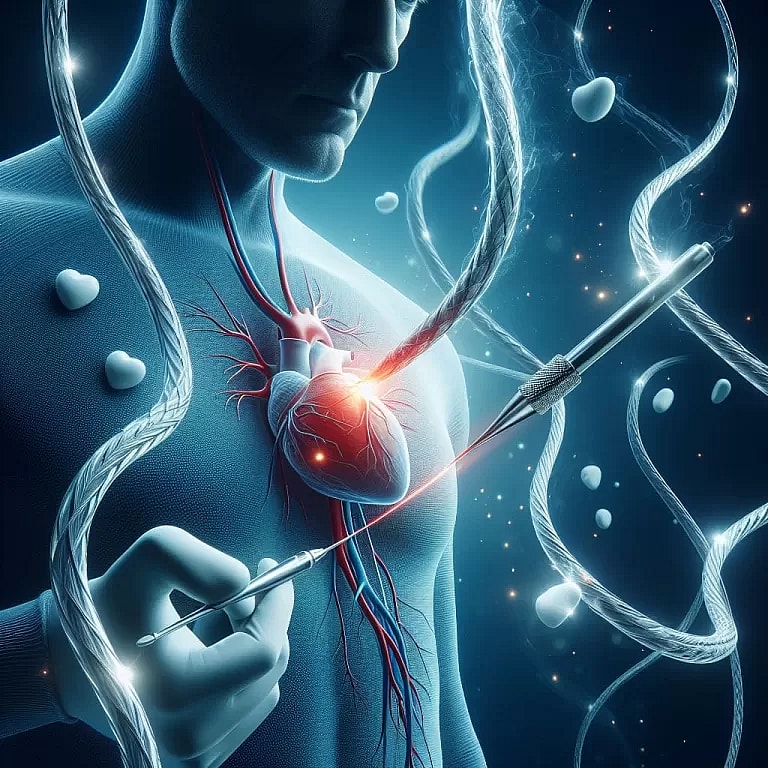Stent
**Stent: A Comprehensive Guide**
A stent is a small, mesh-like device used to support weakened or narrowed blood vessels and organs. It is typically inserted into the body through a catheter and expanded to its intended size using balloons or stents.
**Types of Stents:**
* **Coronary stents:** Used to treat narrowed coronary arteries (heart)
* **Stents for peripheral arteries:** Utilized to enhance blood flow in peripheral arteries (arms, legs)
* **Urological stents:** Support the drainage of urine in the urinary system
* **Biliary stents:** Facilitate bile flow in the bile ducts
* **Esophageal stents:** Assist in expanding narrowed esophageal passages
**Benefits of Stent Placement:**
* Relieves pain and symptoms caused by vessel and organ narrowing
* Improves blood flow to vital organs
* Prevents heart attacks and other complications
* Maintains or restores organ function
* Allows for less invasive procedures instead of open surgery
**Risks and Complications:**
* Blood clots
* Allergic reactions
* Damage to blood vessels or organs
* Infection
* Restenosis (re-narrowing of the treated vessel)
**Key Search Terms and Phrases:**
* Stent implantation
* Endovascular stenting
* Coronary artery stenting
* Peripheral artery stenting
* Urological stents
* Biliary stents
* Esophageal stents
* Vessel narrowing
* Blood flow improvement
* Heart health
Stents: A Comprehensive Guide to their Applications in Medical Procedures

What is a stent? A stent is a tiny tube that your doctor can insert into a blocked passageway to keep it open. The stent restores the flow of blood or other fluids, depending on where it’s placed. Stents are…
